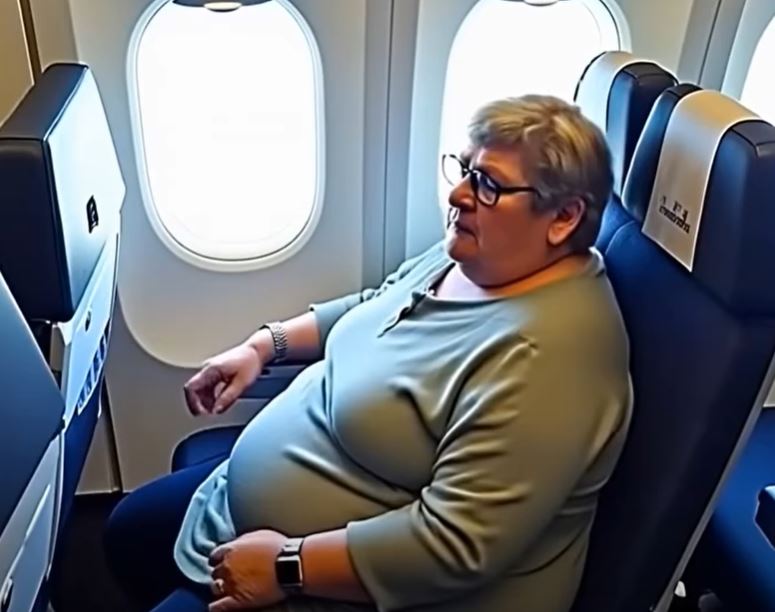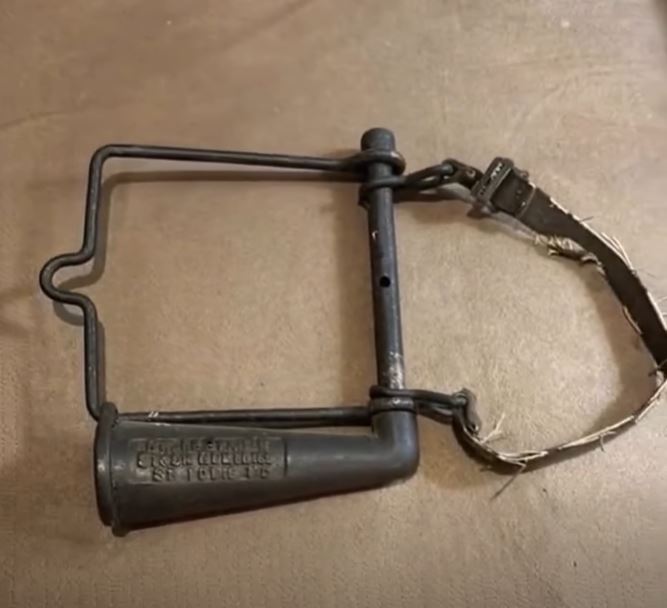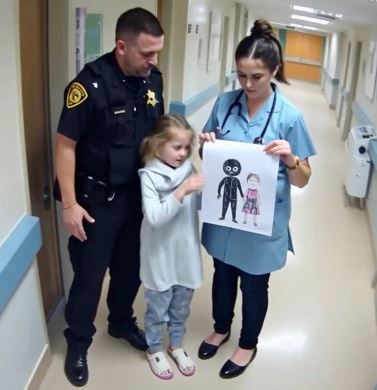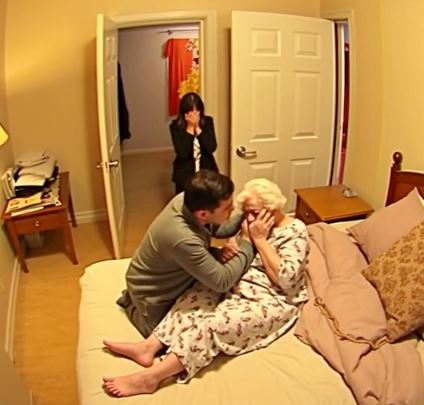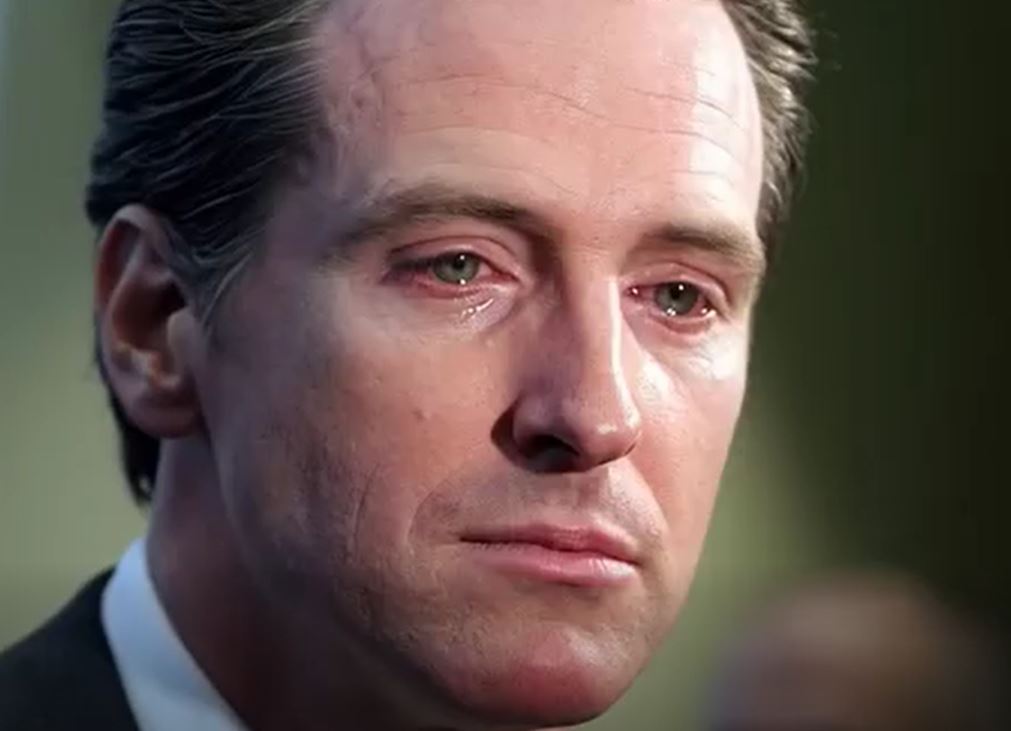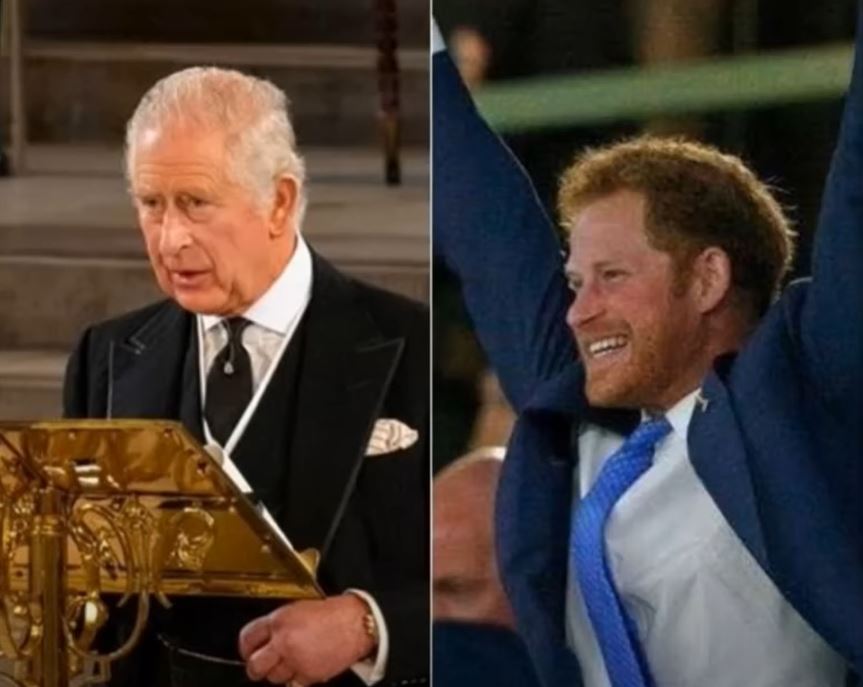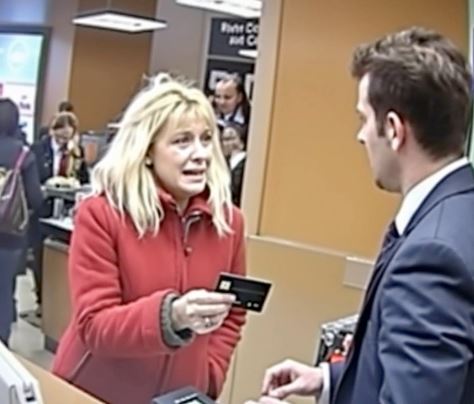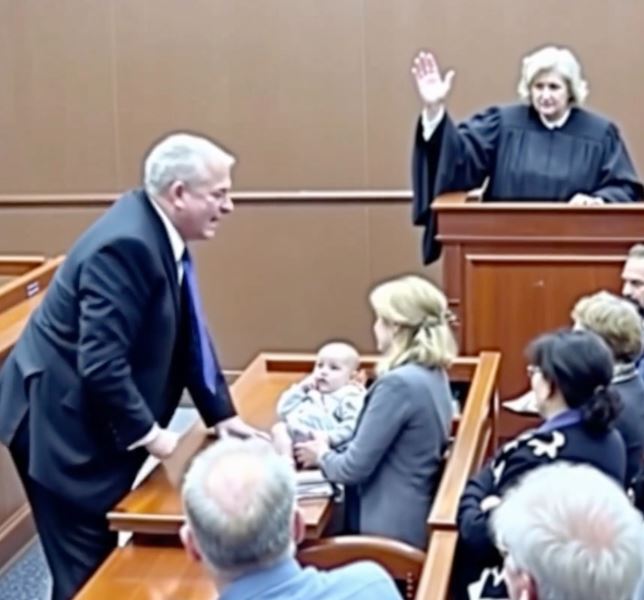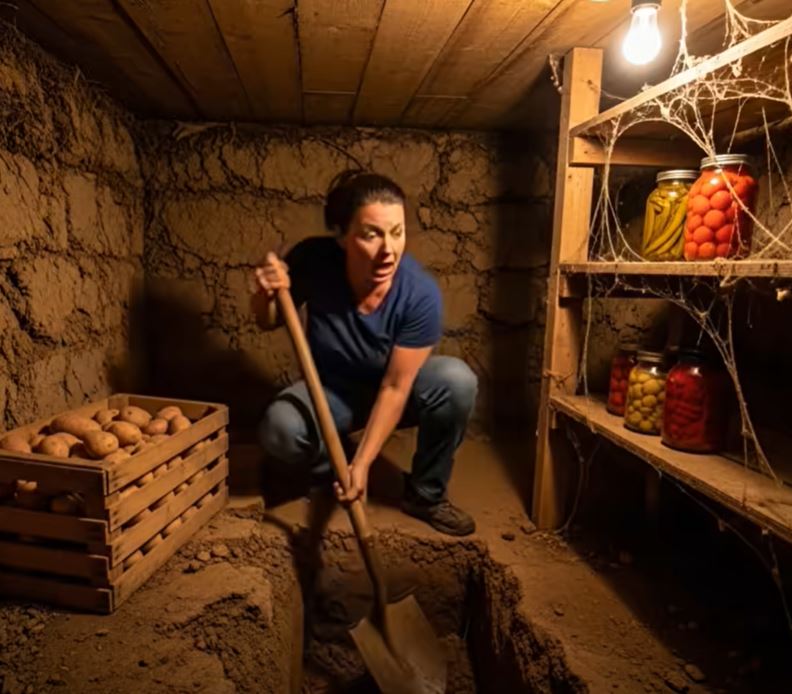They wanted to kick me off the plane because of my excess weight: I had to put those heartless people in their place
They wanted to kick me off the plane because of my excess weight: I had to put those heartless people in their place I am 63 years old, and I...
